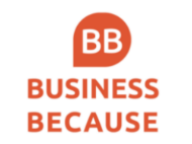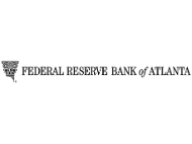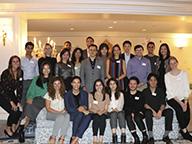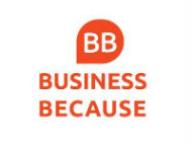Contact NYU Stern Public Affairs
If you're a member of the press, please contact Stern’s Office of Public Affairs at:
Phone: 212-998-0670
Fax: 212-995-4950
Email: paffairs@stern.nyu.edu
Or contact us directly:
Rika Nazem, Senior Executive Director
(212) 998-0678; rnazem@stern.nyu.edu
Jessica Neville, Senior Executive Director
jneville@stern.nyu.edu
Carolyn Ritter, Executive Director
(212) 998-0624; critter@stern.nyu.edu
Follow us on LinkedIn











